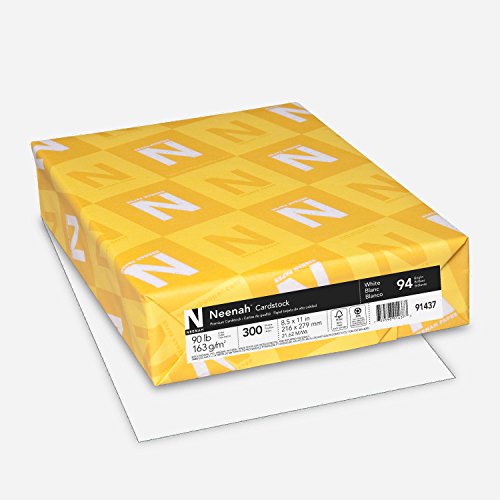Go offline with the Player FM app!
Renelda Robinson
Manage episode 355952685 series 1390309
In the 1940s, professional baseball segregated players both by race and by gender. The All-American Girls’ Professional Baseball League, and our home team, the South Bend Blue Sox, famously upset rigid gender discrimination and opened pro-ball to white women. But only white women.
For a talented young athlete like Renelda Robinson, the opportunity to play ball came from a café owner on Birdsell Street in South Bend’s west side. Uncle Bill’s All-Colored Girls Softball team brought young players on adventures across the Midwest.
In 1987, Renelda sat down to talk about her years in baseball’s spotlight.
This episode was produced by Nathalie Villalobos and George Garner from the Indiana University South Bend Civil Rights Heritage Center.
Additional thanks to Ryan Olivier and the Ernestine M. Raclin School of the Arts at IU South Bend.
Full transcript of this episode available here.
Over the last three years, professors, staff, and students from the University of Notre Dame reached out to community partners about a new project called Foundry Field. They’re building a new diamond on South Bend’s southeast side, focusing on honoring local baseball history, particularly marginalized players. The Civil Rights Heritage Center is one of the partners, contributing historical research. Learn more about the project and its focus on local history and art at foundryfield.org.
Want to learn more about South Bend’s history? View the photographs and documents that helped create it. Visit Michiana Memory at http://michianamemory.sjcpl.org/.
Title music, “History Explains Itself,” from Josh Spacek. Visit his page on the Free Music Archive, http://www.freemusicarchive.org/.
61 episodes
Manage episode 355952685 series 1390309
In the 1940s, professional baseball segregated players both by race and by gender. The All-American Girls’ Professional Baseball League, and our home team, the South Bend Blue Sox, famously upset rigid gender discrimination and opened pro-ball to white women. But only white women.
For a talented young athlete like Renelda Robinson, the opportunity to play ball came from a café owner on Birdsell Street in South Bend’s west side. Uncle Bill’s All-Colored Girls Softball team brought young players on adventures across the Midwest.
In 1987, Renelda sat down to talk about her years in baseball’s spotlight.
This episode was produced by Nathalie Villalobos and George Garner from the Indiana University South Bend Civil Rights Heritage Center.
Additional thanks to Ryan Olivier and the Ernestine M. Raclin School of the Arts at IU South Bend.
Full transcript of this episode available here.
Over the last three years, professors, staff, and students from the University of Notre Dame reached out to community partners about a new project called Foundry Field. They’re building a new diamond on South Bend’s southeast side, focusing on honoring local baseball history, particularly marginalized players. The Civil Rights Heritage Center is one of the partners, contributing historical research. Learn more about the project and its focus on local history and art at foundryfield.org.
Want to learn more about South Bend’s history? View the photographs and documents that helped create it. Visit Michiana Memory at http://michianamemory.sjcpl.org/.
Title music, “History Explains Itself,” from Josh Spacek. Visit his page on the Free Music Archive, http://www.freemusicarchive.org/.
61 episodes
All episodes
×1 Ms. Adeline Wigfall-Jones, legendary west-side barber and community builder 17:41
1 John Charles Bryant: African American life and legacy 36:06
1 Tom Beatty on local LGBTQ+ spaces like the Seahorse 13:50
1 Joaquin Robles on four decades in the Latine community in South Bend 16:01
1 Charlotte Huddleston on African Americans in nursing 23:27
1 Elmer Joseph, on west side Black owned businesses 19:04
1 Odie Mae Streets, on passing in the early 20th century 21:38
Welcome to Player FM!
Player FM is scanning the web for high-quality podcasts for you to enjoy right now. It's the best podcast app and works on Android, iPhone, and the web. Signup to sync subscriptions across devices.

























